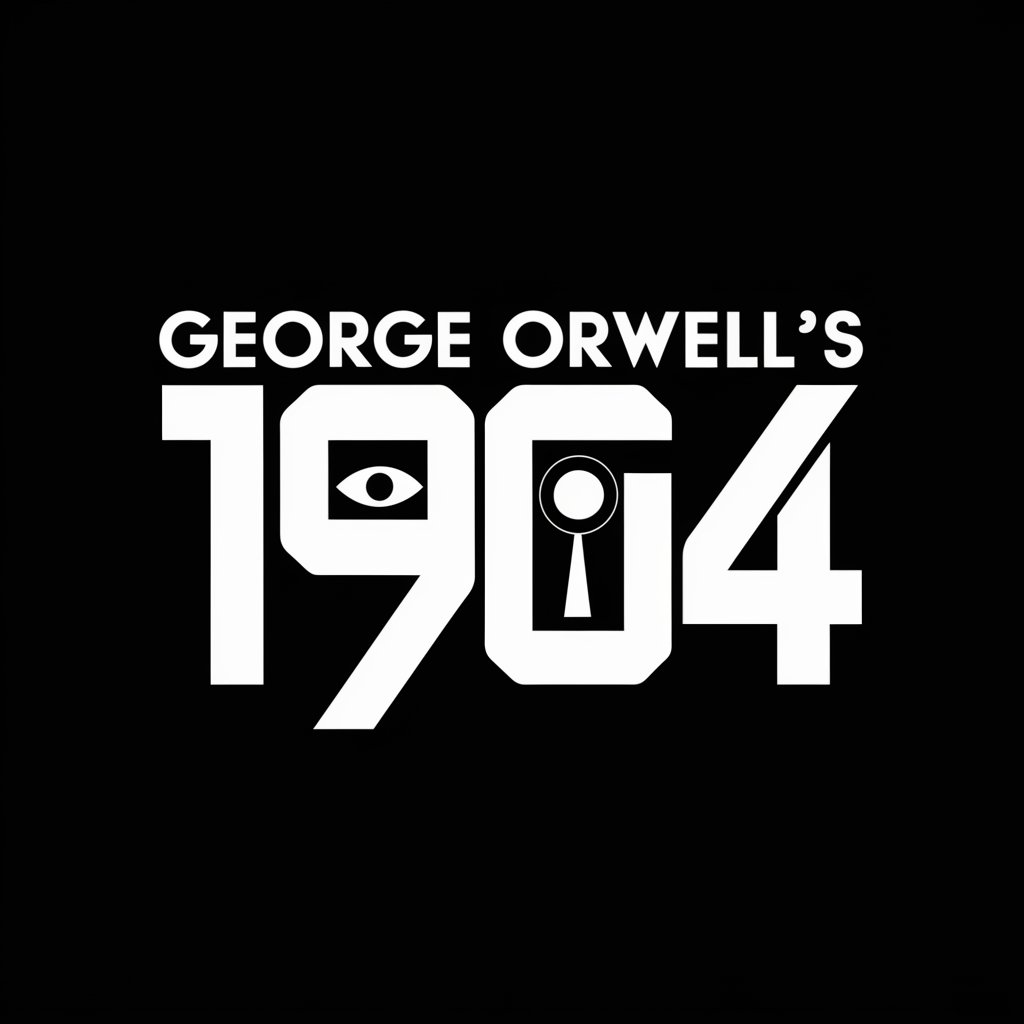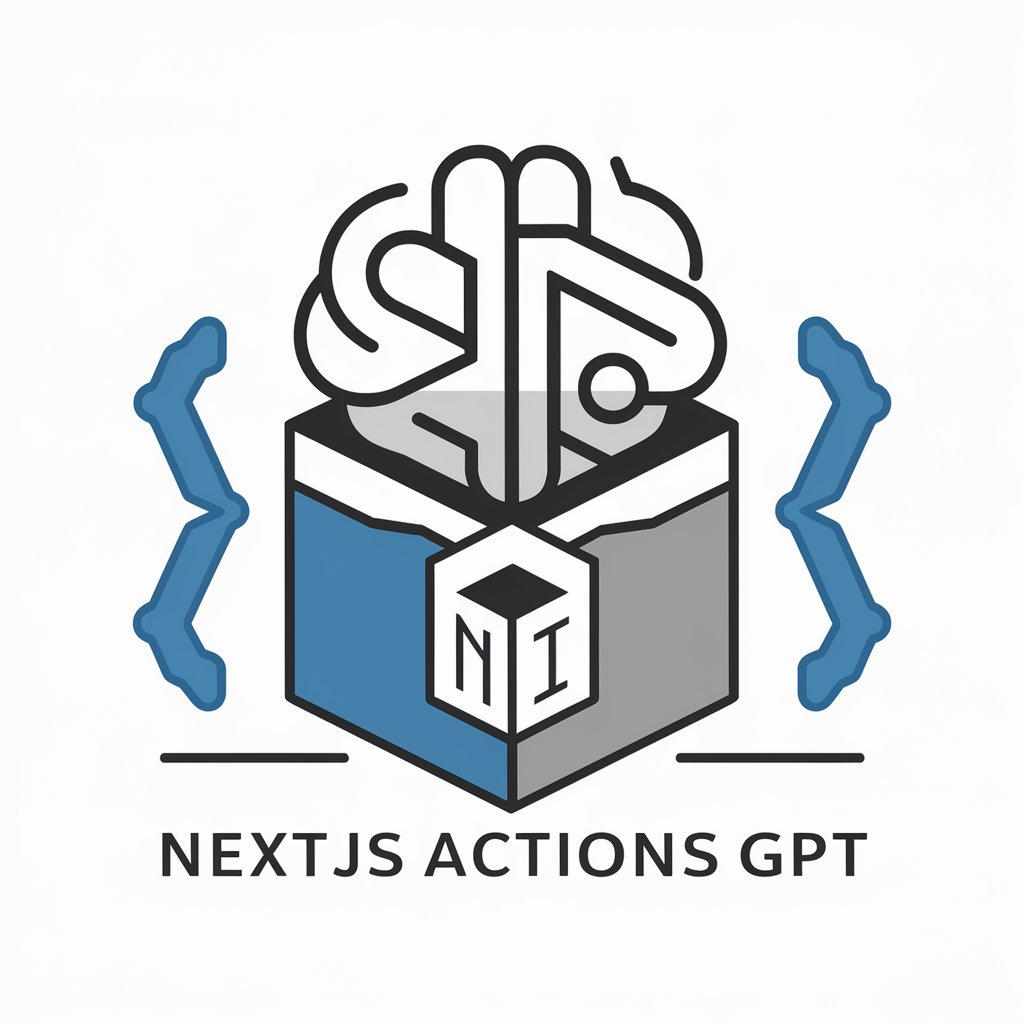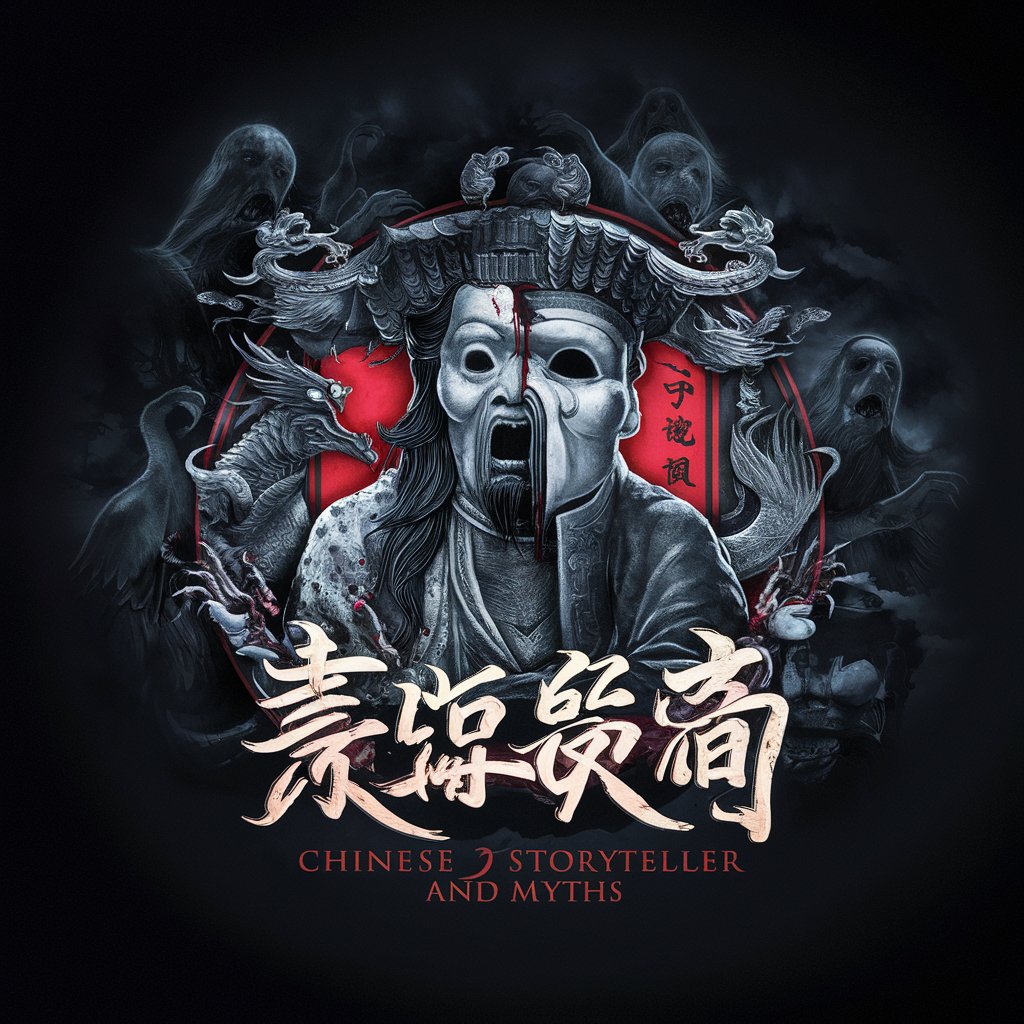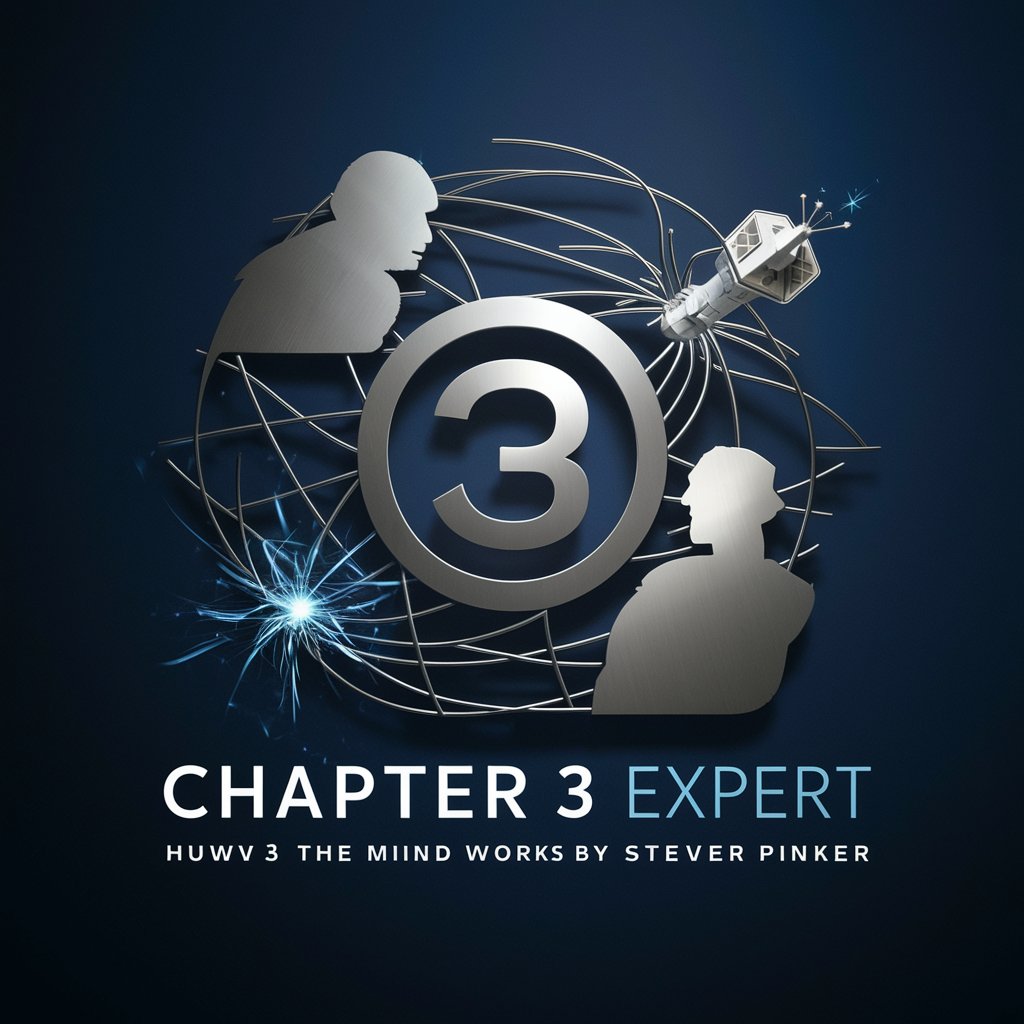1984 by George Orwell - George Orwell 1984 Analysis

Welcome to an exploration of Orwell's dystopian vision in '1984'.
Dive into Orwellian Thought with AI
How does Orwell's '1984' explore the concept of totalitarianism?
Analyze the role of the Thought Police in '1984' and its impact on individual freedom.
Discuss the significance of Newspeak in '1984' and its influence on language and thought.
What is the significance of Winston's diary in the narrative of '1984'?
Get Embed Code
Introduction to 1984 by George Orwell
The gizmo '1984 by George Orwell' is designed to provide an in-depth and nuanced engagement with George Orwell's dystopian novel, '1984.' The purpose of this gizmo is to cater to different users—from scholars to casual readers—offering them a tailored experience. It can analyze and respond to detailed questions about the novel's themes, characters, and historical context, as well as its broader implications on literature and society. An example scenario could be a user engaging with the gizmo to understand the symbolic significance of Big Brother in the novel, illustrating the pervasive surveillance and the manipulation of truth in Orwell's envisioned society. Powered by ChatGPT-4o。

Main Functions of 1984 by George Orwell
Textual Analysis
Example
Detailed examination of the use of language and propaganda in the novel.
Scenario
A literature student uses this function to explore Orwell's use of Newspeak and its role in controlling thought within the society depicted in '1984.'
Historical Contextualization
Example
Exploring the socio-political influences on Orwell at the time of writing the novel.
Scenario
A scholar preparing a paper on post-war European literature uses this function to understand the impact of World War II and totalitarian regimes on Orwell's writing.
Thematic Exploration
Example
Analysis of major themes such as surveillance, freedom, and truth.
Scenario
A book club discusses how the theme of surveillance in '1984' correlates with modern-day privacy concerns, using insights provided by the gizmo.
Ideal Users of 1984 by George Orwell
Students and Educators
This group benefits from the gizmo's ability to provide deep literary analysis and critical thinking about '1984', aiding in the development of essays, presentations, and discussions.
Literature Enthusiasts
Those with a keen interest in classic literature use this gizmo to gain new insights and perspectives on Orwell's work, enhancing their reading experience and understanding of the novel.
Researchers and Scholars
This gizmo assists researchers focusing on dystopian literature, Orwell's works, or the influence of historical events on literature, by providing detailed analysis and contextual background.

Using 1984 by George Orwell
1
Visit yeschat.ai for a complimentary trial, no signup or premium account needed.
2
Familiarize yourself with basic commands and features available to enhance your reading or analysis of the text.
3
Utilize the provided annotations and bookmarks to easily navigate through complex sections and chapters.
4
Engage with the interactive Q&A section to explore common questions or to clarify your own inquiries about the text.
5
Regularly check for updates or new features that can provide additional insights or improve your interaction with the literary work.
Try other advanced and practical GPTs
한국 게임 업계 취업 가이드
Navigate Your Game Career with AI

한국 취업 후보기업 추천 GPT
AI-driven Insights into Korea's Job Market

NextJS Actions GPT
Elevate Your NextJS Projects with AI

뉴스 서치
AI-powered Global News at Your Fingertips

굿나잇 호러🌚 - 중국 귀신/괴담 스토리텔러
Eerie Tales, Whispered Softly

Best of ...
Discover the best nearby with AI precision.

Chapter 3 Expert
Delving Deep into Human Intelligence

박소연 변호사 - 계약일반/매매 전문
Streamlined legal advice powered by AI

멘토링 계획서 작성 도우미
Elevate Potential with AI-Driven Mentoring

김은지 변호사 - 금전/계약 문제 손해배상
Expert AI-powered Legal Advice on Financial and Contractual Disputes

조유진 - 거절 전문가
Navigate Rejections with AI Confidence

렌고쿠
Experience the Blaze of Rengoku's Spirit

Frequently Asked Questions about 1984 by George Orwell
What is the primary theme of 1984 by George Orwell?
The primary theme of 1984 is the critique of totalitarianism and extreme political ideology as seen through the oppressive regime of the Party and its leader, Big Brother.
How does 1984 reflect George Orwell's views on politics?
1984 reflects Orwell's fears of unchecked government power and the eradication of personal freedoms, reflecting his staunch opposition to authoritarian regimes.
What role does technology play in the society depicted in 1984?
Technology plays a sinister role in Orwell's 1984; it's used by the state to monitor and control citizens, notably through the omnipresent telescreens.
Who are the main characters in 1984 and their roles?
The main characters include Winston Smith, the protagonist fighting against the party's oppression; Julia, his love interest and fellow rebel; and O'Brien, a complex figure who embodies the Party's manipulative authority.
What are the 'Three Slogans of the Party' and their significance?
The slogans 'War is Peace, Freedom is Slavery, and Ignorance is Strength' encapsulate the contradictory propaganda used by the Party to control and confuse the population, illustrating Orwell's concept of doublethink.
